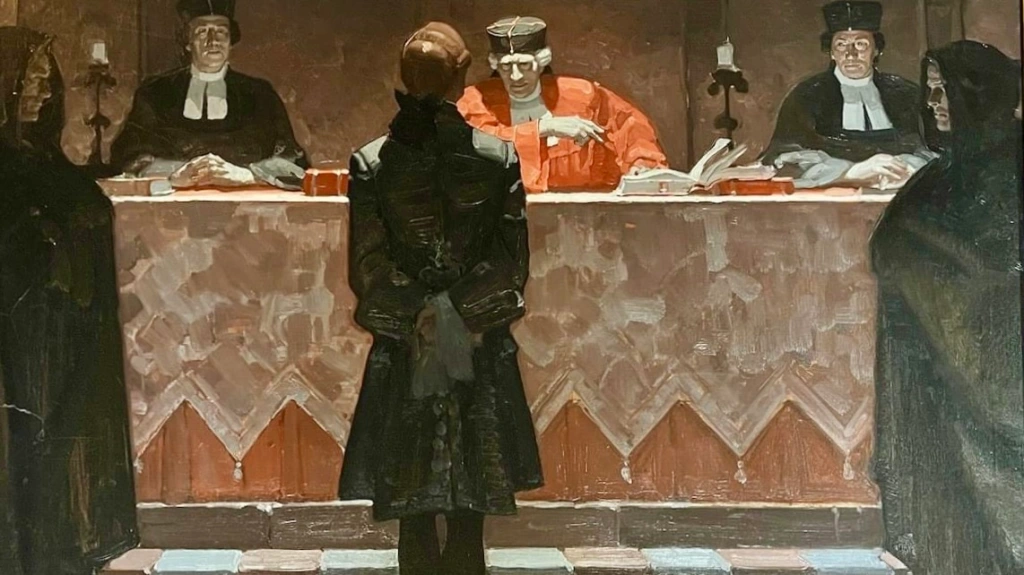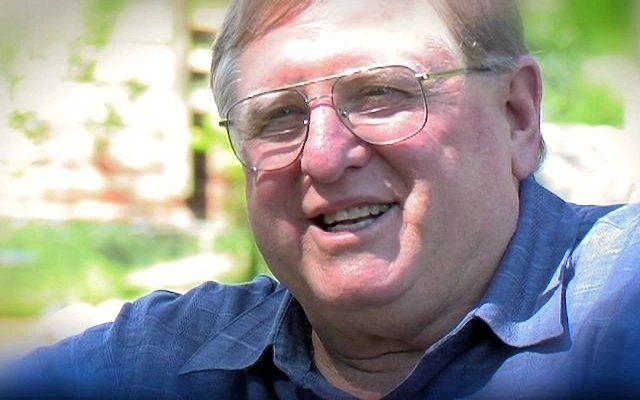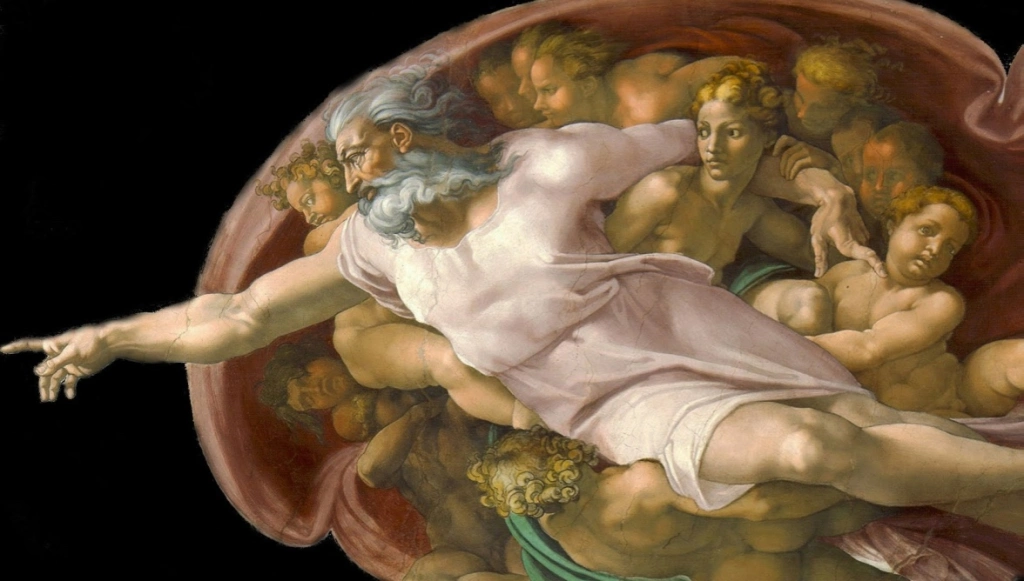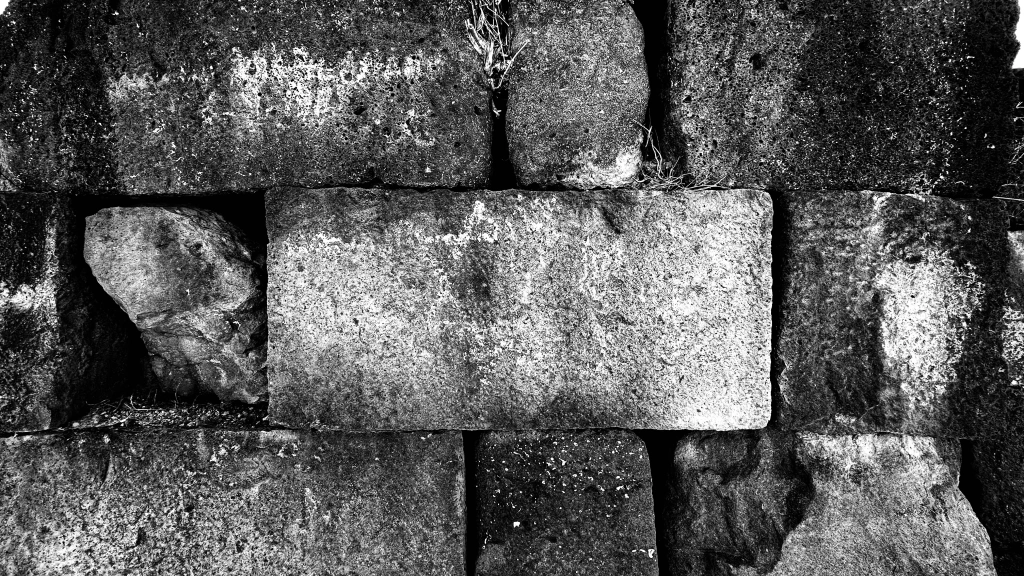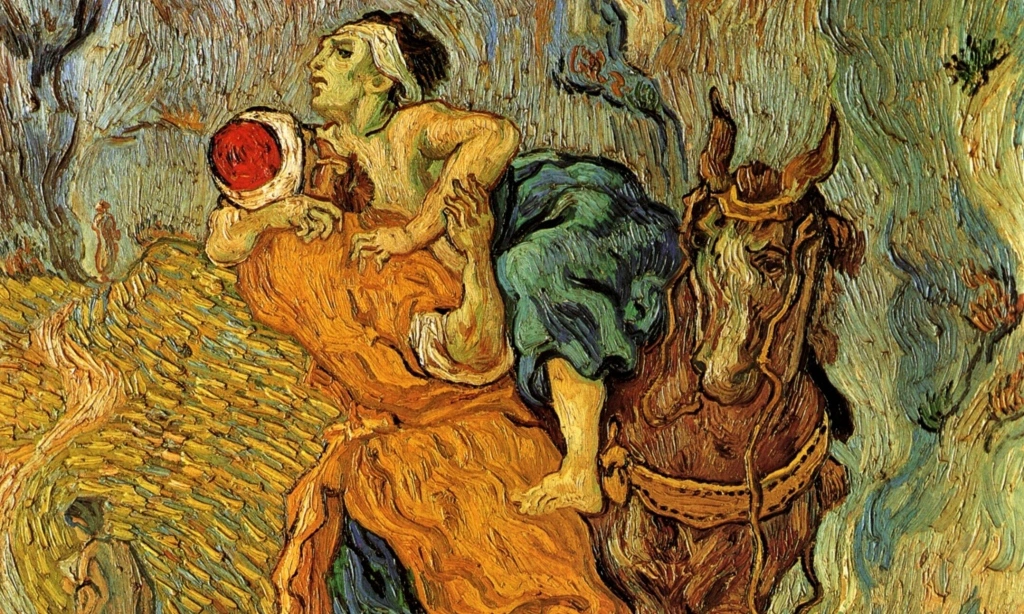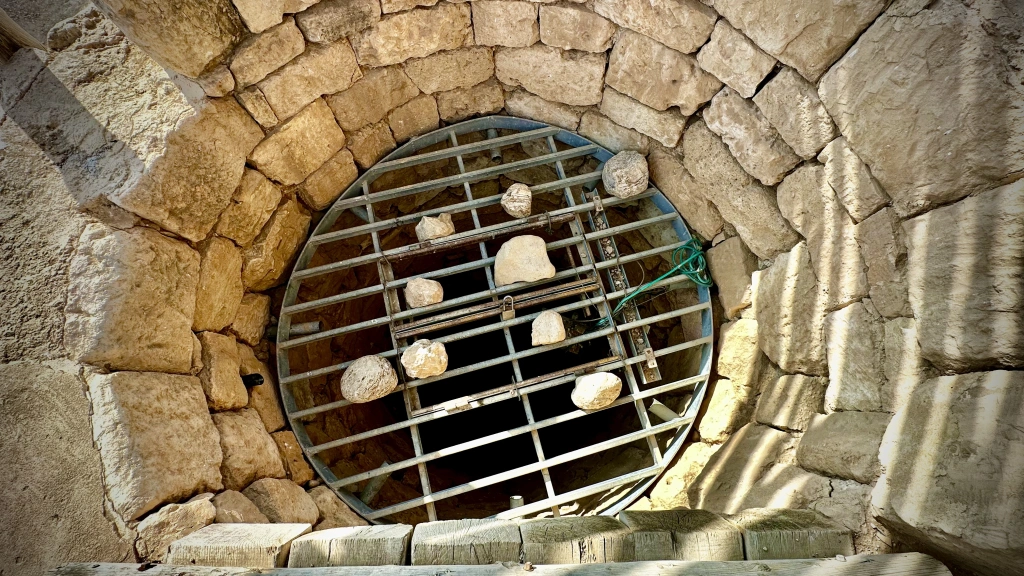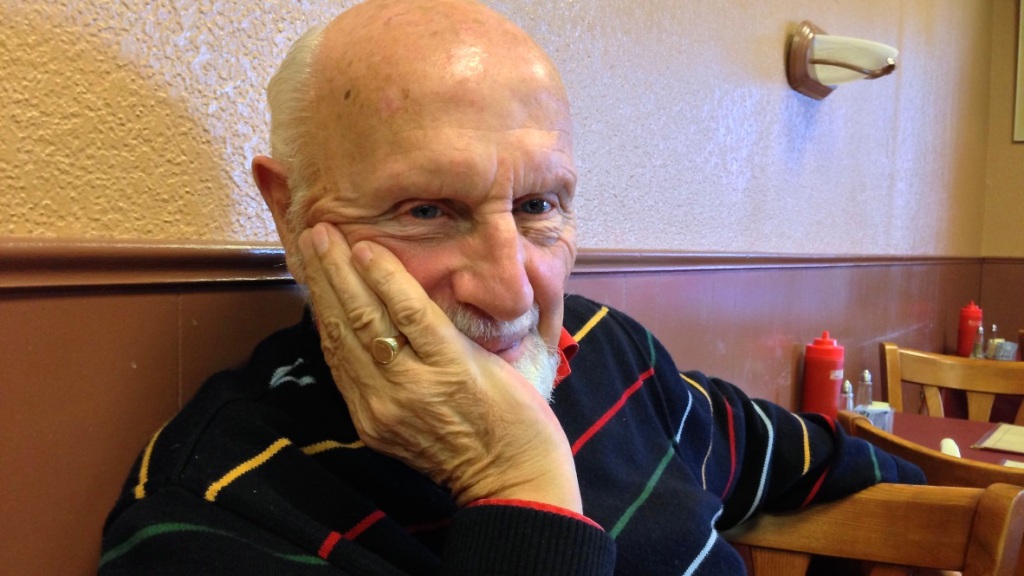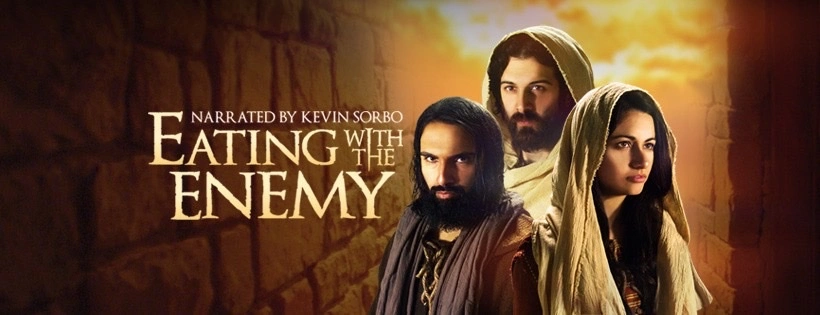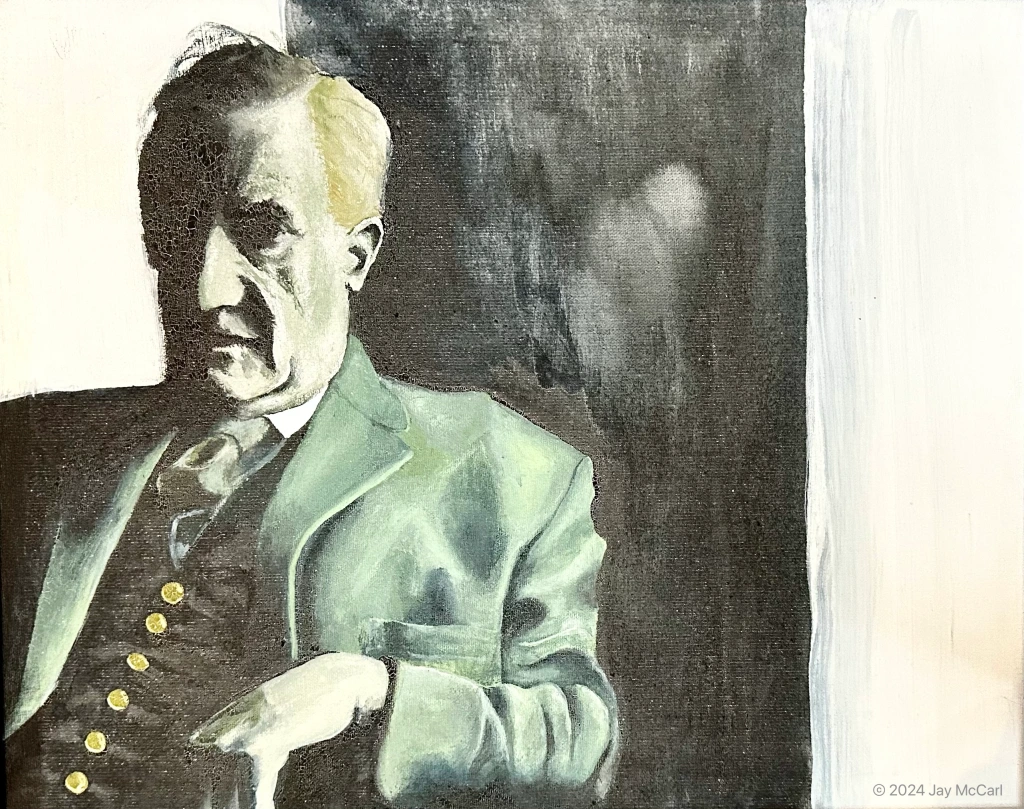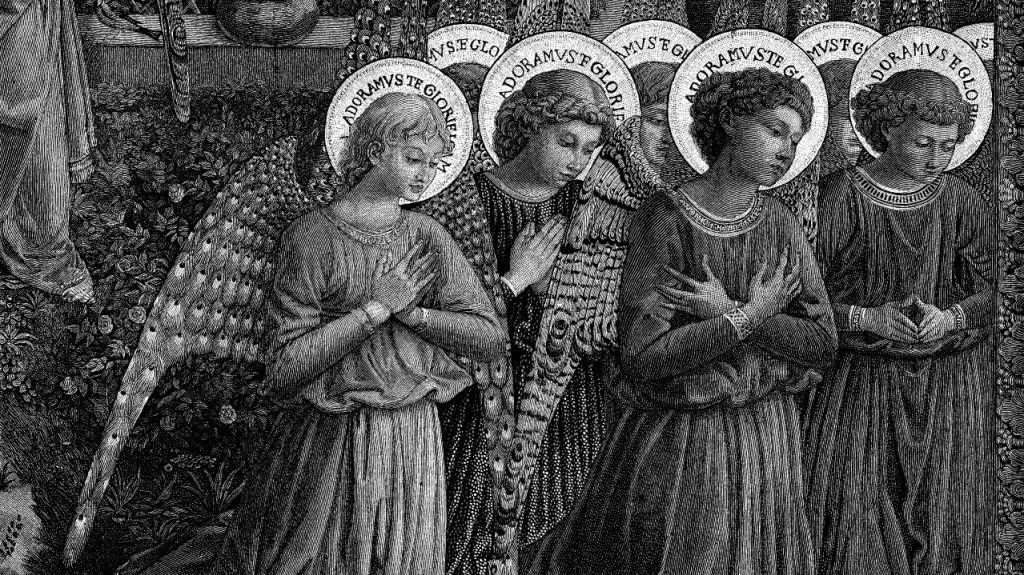Jay McCarl
-
The Perfect 3-Point Sermon
“If we lived in a state where virtue was profitable, common sense would make us saintly. But since we see that abhorrence, anger, pride and stupidity commonly profit far beyond charity, modesty, justice and thought, perhaps we must stand fast a little—even at the risk of being heroes.” —Sir Thomas More, from the play, A…
#apostle-paul, #beforethewrath, #biblicaldinner, #biblicaldinnersministries, #biblicaltours, #calvarygeorgetowndivide, #cancelculture, #early-church, #eatingwiththeenemy, #endtimesprophecy, #galileanwedding, #gospel, #grace-of-God, #graceofgod, #haters, #israel, #israeltours, #jerusalem, #Jesus-Christ, #love-one-another, #loveofchrist, #messiah-Jesus, #prayer-book, #prayer-of-the-day, #prayers, #preaching, #seeking-God, #still-small-voice, #the-lords-prayer, #thinkology, #woke, Biblical Dinner, Jay McCarl, Jesus, photography, politics, Religion, spiritual -
I Wish You Could Have Known this Man…
I wish you could have known this man. I met him when I was fifteen years old and suicidal, and within minutes everything in my life changed. Five years before I was a ten-year-old avowed atheist living with my parents in Sacramento, California. I had a passion for nature and the outdoors—an aspiring forest ranger…
#baptismoftheholyspirit, #calling, #campuslife, #covinacampuslife, #discipleship, #evangelism, #glenawilsonhighschool, #jaymccarl, #rationalism, #rayschmautz, #silvervalleyranch, #talbottheologicalseminary, #youthforchrist, Bible, Biblical Dinner, Christianity, Holy Spirit, Jay McCarl, Jesus, prayer -
The Subject of the Whole Universe
“Then the LORD came down in the cloud and stood there with him and proclaimed his name, the LORD. And he passed in front of Moses, proclaiming, ‘The LORD, the LORD [I Am, I Am], the compassionate and gracious God, slow to anger, abounding in love and faithfulness, maintaining love to [the thousandth generation], and forgiving…
#apostle-paul, #beforethewrath, #biblicaldinner, #biblicaldinnersministries, #biblicaltours, #calvary-georgetown, #calvarygeorgetowndivide, #early-church, #eatingwiththeenemy, #endtimesprophecy, #galileanwedding, #gospel, #grace-of-God, #graceofgod, #israel, #israeltours, #jay-mccarl, #jaymccarl, #jerusalem, #Jesus-Christ, #love-one-another, #loveofchrist, #messiah-Jesus, #preaching, #thebiblicaldinner, faith, God, Israel, Jesus Christ, Moses -
The Cult and Curse of Antisemitism
God said to Abram, “I will make you into a great nation and I will bless you; I will make your name great, and you will be a blessing. I will bless those who bless you, and whoever curses you I will curse; and all peoples on earth will be blessed through you.” (Genesis 12:2-3) It must be said, and loudly. Antisemitism is…
#antisemitism, #beforethewrath, #biblicaldinner, #biblicaldinnersministries, #biblicaltours, #bless, #calvary-georgetown, #calvarygeorgetowndivide, #early-church, #eatingwiththeenemy, #endtimesprophecy, #galileanwedding, #gospel, #grace-of-God, #graceofgod, #israel, #israeltours, #jay-mccarl, #jerusalem, #Jesus-Christ, #love-one-another, #loveofchrist, #messiah-Jesus, #preaching, #rodserling, #thebiblicaldinner, #twilightzone -
God Saw What You Did…
What is ‘righteousness’? It’s when God saw what you did and says, “My Son would do that,” Of course, that’s impossible—so God works to make us like His Son, and along the way He even treats us like Him. Quite overwhelming… Blessings. —j
#apostle-paul, #beforethewrath, #biblicaldinner, #biblicaldinnersministries, #biblicaltours, #calvary-georgetown, #calvarygeorgetowndivide, #early-church, #eatingwiththeenemy, #endtimesprophecy, #galileanwedding, #gospel, #grace-of-God, #graceofgod, #israel, #israeltours, #jay-mccarl, #jerusalem, #Jesus-Christ, #love-one-another, #loveofchrist, #messiah-Jesus, #preaching, Jay McCarl, Jesus -
‘Incident at Abraham’s Well’
This ancient well holds huge significance—especially for those who think they’re too small to serve God in a great way…
-
Whose Body?
(A bit of wisdom from my dear friend Ken Needham) “While the surgeons and most of the nursing staff were excellent, there were a couple of exceptions—people who had some knowledge and experience who “knew what was best for me” but were not listening to me. It is MY body. I have inhabited it all…
-
‘Eating With the Enemy’ Trailer Released
EWtW will be released later this year. Check out the official website here. Can’t wait…!
-
Happy Birthday Prof. ‘Tollers’
He would have been 120 years old today, but when he passed in 1973, J.R.R. Tolkien was just getting started. I think he would tell us that Heaven is a far nicer place than earth—or Middle Earth. Of all the quotes I’ve ever collected (aside from Scripture) the one that rang most personal came from…
-
Why I Like Christmas
“The incarnation of God is an infinitely greater thing than anything I would dare to write…” —J.R.R. Tolkien, Letters, 237 (italics in the original) Imagine eternity. Imagine infinity—imagine absolute life and infinite power, with no beginning and no end. Imagine infinite size and mind, boundless knowledge, unapproachable holiness in both being and motive—perfection beyond anything…
